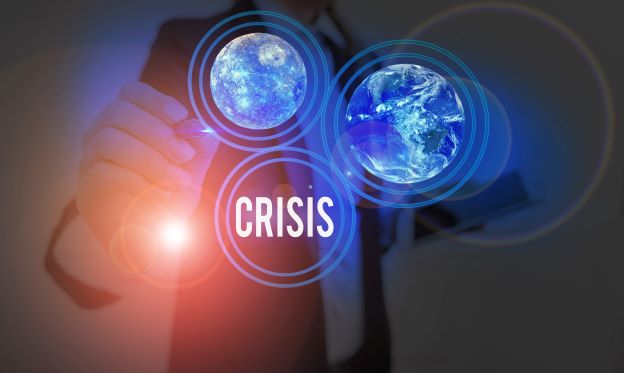
The outbreak points up the need to create or improve pandemic policies and formalize rules.
The coronavirus outbreak is revealing how prepared multinational corporations are for threats posed by crises that can affect almost every area of a business. And that’s made the virus a top concern and focus of many members of NeuGroup’s Internal Auditors’ Peer Group (IAPG) who are playing a key role in the response.
- Proactive approach. “I am now devoting more than 50% of my time to pandemic team duties,” wrote one senior internal auditor who said companies are now trying to “get proactive” after being reactive. The pandemic team he is a member of meets daily and is issuing communications and policies “on a real-time basis,” he said.
- Working remotely. Another member writes, “We have cancelled all travel for March and April audits, expanding our existing use of technology solutions to do the work remotely; [we] have postponed a few audits. At the company level, our general Emergency Crisis Management Team has been activated, and we are working closely with health organizations around the world to update our guidance to employees every day.”
- Bans and communication. A third member has banned travel to all Asia locations, Italy and Seattle for her team. The corporation, she added, is “in constant communication with our Operations Control Center and the CDC and assessing the situation continually.”
Pandemic policy? One IAPG member said his company had a pandemic policy in place that had never been tested until now; he said it’s a bit “deficient” in some respects.
- “One particular area that seems to lacking from most policies is the existence of a response level framework which defines the triggers changing the classification of severity from level one to level two,” he said. The policies should also define when a company closes an office and offers work-from-home options, he added.
- His company is now implementing formal policies on travel, facility closure, working from home, visitor access, and attendance at events involving more than 1,000 people, among other measures.
Creating a policy. The law firm Baker McKenzie says that companies in need of developing a pandemic policy might draw on their experiences with other business disruptions like natural disasters or strikes. Thus, policies will likely:
- Include an emergency communication protocol.
- Procedures for closing and opening offices.
- Address working with limited staff.
- Offer additional technical support to allow employees to work remotely.
- Offer HR and communication support to ensure that employees are being treated fairly.
Offering help. Internal audit expert and blogger Norman Marks recently wrote that in response to coronavirus, risk practitioners should be asking management, “How can we help?” He says the goal is to ensure that the organization is prepared and capable of responding promptly and appropriately to:
- A breakdown in the supply of materials
- An inability to deliver products or services to customers
- The forced closure of a part of the business, such as a factory or a call center
- The loss of key personnel who come down with symptoms
- The inability of a competitor to deliver products or services (an opportunity!)
- A surge or drop in demand


